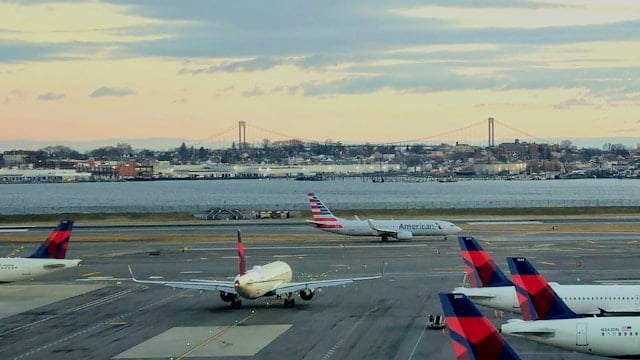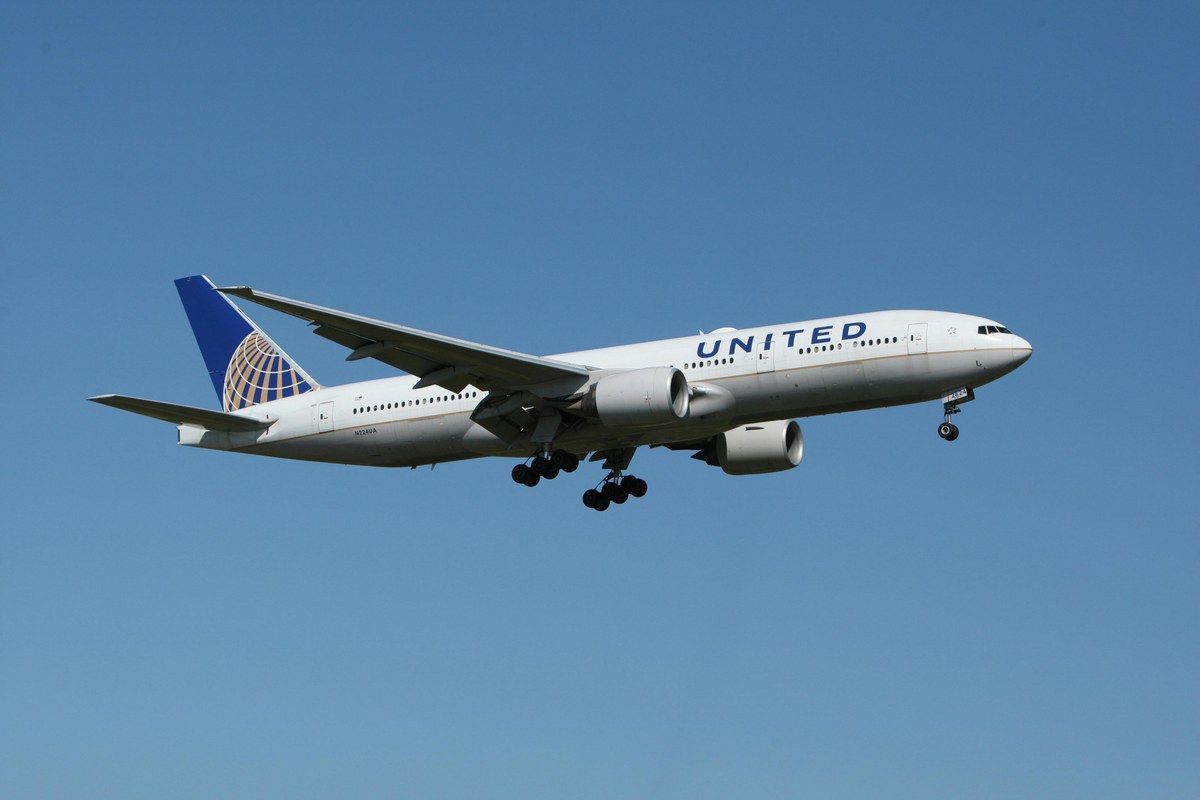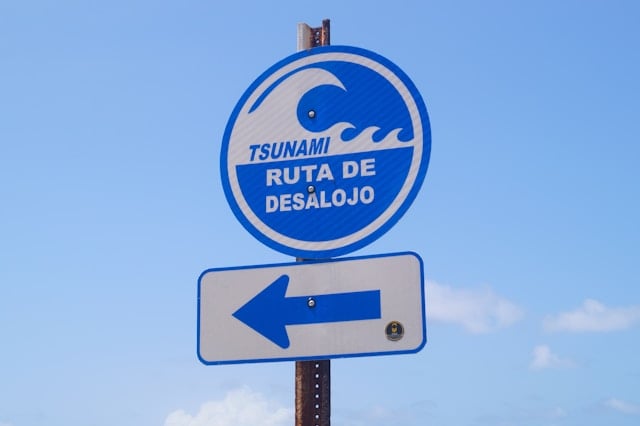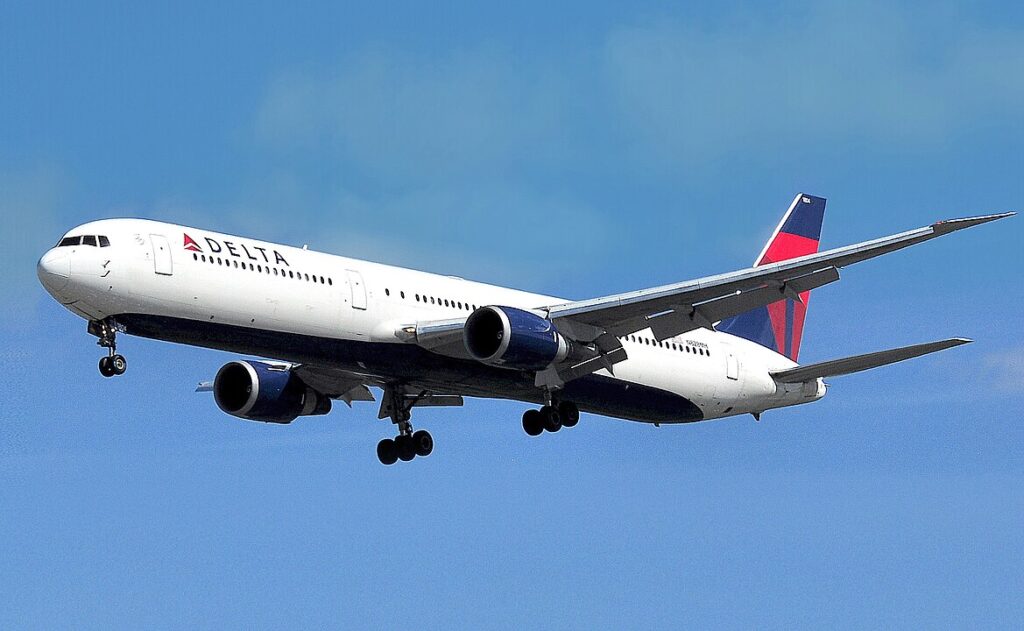Key Takeaways
• Thai Airways signed a five-aircraft Airbus A321neo lease deal with BOC Aviation on May 16, 2025.
• The Airbus A321neo features fuel-efficient CFM LEAP-1A engines, reducing emissions and enhancing passenger comfort.
• Multiple new leases expand Thai Airways’ fleet, aligning with strategic modernization and regional market growth.
Thai Airways Signs New Five-Aircraft Lease Deal With BOC Aviation, Boosting Modernization and Growth
Thai Airways International Public Company Limited (THAI) and BOC Aviation Limited have taken another step in a long-standing partnership by signing a new lease agreement for five Airbus A321neo aircraft. This deal, officially signed on May 16, 2025, at the THAI head office, cements the bond between the two companies and pushes forward Thai Airways’ plans for modern growth. The agreement reflects ongoing changes in airline operations and signals strong confidence in the need for newer, more efficient planes.
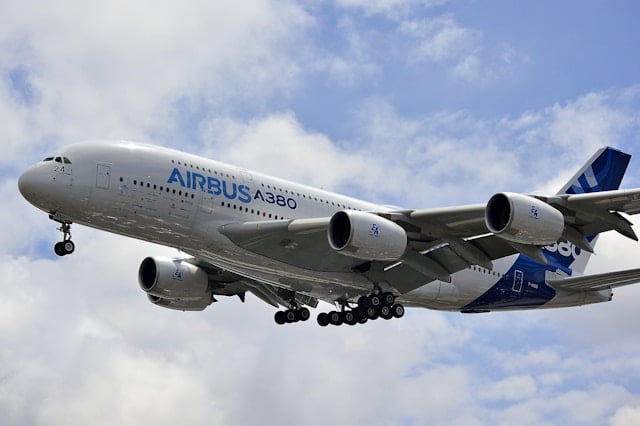
Details of the Agreement
THAI’s Chief Executive Officer, Mr. Chai Eamsiri, and BOC Aviation’s CEO and Managing Director, Mr. Steven Townend, signed the deal. The five new Airbus A321neo planes will come directly from BOC Aviation’s existing order list. Each aircraft is powered by the CFM LEAP-1A engines, which are known for using less fuel and creating fewer emissions than older models.
The five-aircraft deal extends a relationship between the two companies that spans over 15 years. The arrangement is part of THAI’s Long-Term Fleet Plan, which aims to expand the airline’s capacity, serve more passengers, and keep up with ever-changing airline industry needs.
Key Features of the Airbus A321neo Aircraft
The Airbus A321neo stands out in the market for several reasons that matter both for the airline and its customers. When fleets are updated, the benefits go beyond simple cost savings—they often impact the passenger experience, environmental concerns, and network growth. Here’s how the Airbus A321neo delivers on those fronts:
- Fuel Efficiency and Fewer Emissions:
The LEAP-1A engines and new wing designs help make these planes much more fuel efficient than older types. Less fuel burned means less CO₂ is released into the air, so these planes help reduce the airline’s overall impact on the environment. Meeting stricter environmental standards is also a practical business move, as rules about carbon emissions get tougher. - Modern Two-Class Cabin:
The A321neo is a narrow-body plane but offers a cabin comfort usually found on bigger, wide-body jets. With a two-class cabin setup—typically business and economy—it gives passengers more options and better comfort, even on shorter regional routes. -
Better Travel Experience:
Newer planes, such as these, are generally quieter, smoother, and feature more up-to-date seats, lighting, and entertainment systems. THAI aims to offer a consistent experience, so travelers know what to expect on any THAI flight, whether long or short.
Bringing planes like the Airbus A321neo into the fleet matches a global trend toward efficient, passenger-friendly aircraft, especially as air travel picks up again post-pandemic.
Part of a Larger Growth Strategy
This newest agreement with BOC Aviation isn’t an isolated deal—it fits into a steady stream of aircraft additions and updates by Thai Airways. Over the last few years, the airline has been active in the market, securing both new and leased aircraft from several key partners.
- Aircraft Sourcing from CALC:
In April 2025, Thai Airways locked in a separate lease agreement for nine Airbus A321neo planes from China Aircraft Leasing Group (CALC). These aircraft are expected to arrive between 2026 and 2028, broadening the airline’s options further. -
Deals with Other Leasing Companies:
Earlier, in February 2025, THAI made a similar agreement with SMBC Aviation Capital to lease eight factory-fresh Airbus A321neo planes, which are scheduled for delivery in both 2026 and 2027. This rapid fleet expansion points to long-term planning and a focus on Asia’s fast-growing regional market. -
Diverse Fleet with Other Manufacturers:
Thai Airways is not putting all its eggs in one basket. In February 2024, agreements with Air Lease Corporation brought in three Boeing 787-9 Dreamliners. Another deal with AerCap added a mix of Boeing and Airbus aircraft, providing flexibility for different routes and markets.
By leasing from trusted entities and securing a steady flow of new aircraft, Thai Airways can adjust more easily to changes in passenger demand, keep operating costs down, and respond quickly to new business opportunities.
Insight from Industry Leaders
Speaking about this latest deal, BOC Aviation’s Steven Townend underscored its value, saying, “The delivery of these technologically advanced aircraft is an important transaction in the development of our portfolio and will support Thai Airways as it expands its fleet and regional network.” With technology, efficiency, and comfort top-of-mind, both companies see this as more than just a routine leasing deal—it is a sign of mutual trust and growth.
BOC Aviation itself is a major player in the aircraft leasing world. As of March 31, 2025, the company has a portfolio of 829 planes and engines that are either owned, managed, or still on order—an impressive spread that serves 93 airlines in 48 countries and regions.
By working with industry leaders such as BOC Aviation, Thai Airways is able to get quick access to the latest aircraft types without the huge upfront costs of buying planes outright.
Why Fleet Modernization Matters
For an airline, refreshing its fleet isn’t just about shiny new jets. The process shapes how a company competes, the routes it can serve, and what passengers can expect. Here are a few important outcomes of the Thai Airways and BOC Aviation agreement:
- Meeting Passenger Demand:
As the travel market in Asia grows, so does the pressure on airlines to add routes, run more frequent flights, and fill planes with seats that people want to buy. New, fuel-efficient planes help the airline stay profitable, even as operational costs shift. -
Matching Environmental Goals:
Countries and international bodies are setting higher standards for emissions. The A321neo lets THAI meet these requirements while also offering a marketing edge: more travelers are interested in “cleaner” flights. -
Standardization Across the Fleet:
Operating more of the same type of aircraft has a practical benefit: it reduces training and maintenance costs and helps pilots and crew work more efficiently. It leads to fewer disruptions and overall smoother operations. -
Improving Passenger Experience:
Updated cabins, better air filtration, and more legroom all count for the modern traveler. Consistent upgrades mean passengers know what to expect, and this can turn occasional fliers into loyal customers.
The Role of Airplane Leasing in Today’s Airline Industry
The trend toward leasing rather than buying aircraft outright is not just about spreading out costs. Leasing allows airlines to:
- Refresh fleets faster, staying ahead of competitors who might be flying older, less-efficient jets
- Reduce risks by not tying up huge amounts of cash or taking on big loans
- Match fleet size with real-time passenger demand and route opportunities
- Test new plane types or cabin setups without a long-term purchase commitment
For investors, leasing companies such as BOC Aviation create value by owning and managing fleets that can quickly be leased to airlines that need them most. As Thai Airways looks to recover and expand following the global effects of the pandemic, entering into these strategic leasing agreements gives the airline important flexibility.
Regional and Global Impact
As reported by VisaVerge.com, renewing and expanding airline fleets with aircraft like the Airbus A321neo can affect more than just the airlines themselves. Here’s how different groups are touched by this move:
- Passengers:
Enjoy better comfort, more efficient boarding, and quieter flights. -
Airline Employees:
Work on more standardized aircraft, meaning reduced retraining and smoother operations. -
Business Travelers and Tourists:
Receive more reliable schedules and more route choices, supporting regional tourism and business travel. -
Local Airports:
Can handle a steadier stream of flights, often with bigger passenger volumes. -
The Environment:
Benefits from newer planes that use less fuel and emit less carbon dioxide.
This type of investment in new aircraft contributes to growth in tourism, supports business travel, and helps the wider economy by keeping major airports busy.
What This Means for Thai Airways’ Future
Thai Airways’ willingness to sign deals with companies like BOC Aviation shows a focus on smart, flexible business choices. By leasing planes like the Airbus A321neo, the airline can:
- Open new city pairs and regional routes, growing its market presence
- Replace older, costly aircraft to improve the bottom line
- Meet stricter rules on emissions
- Keep fleet options open as travel needs change, for both domestic and international flying
While travel uncertainty remains a fact for all airlines, THAI’s approach helps cushion risk and allows it to pivot quickly if markets shift.
About BOC Aviation
BOC Aviation is widely considered one of the top aircraft leasing firms in the world. With hundreds of aircraft serving scores of airlines, BOC Aviation makes it possible for many airlines to update their fleets without breaking the bank. For up-to-date details about BOC Aviation’s global fleet, you can visit their official fleet page.
Conclusion and Next Steps
The new agreement between Thai Airways and BOC Aviation for five Airbus A321neo aircraft marks a strong commitment to modernizing fleets while serving more routes and travelers. By focusing on efficiency, passenger experience, and environmental responsibility, THAI positions itself as a modern airline ready for continued growth.
These types of strategic leases are now standard in the global airline industry, especially as airlines seek to recover from past challenges and meet new rules and passenger habits. The Airbus A321neo will play a key part in this, bringing advanced features, reduced emissions, and better travel experiences.
Looking ahead, travelers in Asia and beyond can expect more comfortable, reliable flights from Thai Airways as it adds more advanced aircraft and widens its network.
For further updates and analysis on airline fleet developments, walk through related industry news or official announcements through trusted sources like VisaVerge.com or leading global regulatory websites.
Learn Today
Lease Agreement → A formal contract in which one party rents aircraft from another, instead of purchasing them outright.
BOC Aviation → A leading global aircraft leasing company, based in Singapore, that provides leasing solutions to airlines worldwide.
CFM LEAP-1A Engines → Advanced, fuel-efficient engines used on the Airbus A321neo, known for low emissions and operational savings.
Long-Term Fleet Plan → A strategic program by airlines to modernize and expand their aircraft fleets over several years.
Airbus A321neo → A modern, narrow-body jet offering improved fuel efficiency, passenger comfort, and reduced environmental impact.
This Article in a Nutshell
Thai Airways accelerates its fleet modernization with a fresh five-Airbus A321neo lease from BOC Aviation, signed May 16, 2025. Featuring efficient LEAP-1A engines, the deal marks over 15 years of partnership and advances passenger comfort. This expansion supports THAI’s growth strategy amid increasing travel demand across Asia.
— By VisaVerge.com
Read more:
• Wizz Air receives second Airbus A321neo from Aviation Capital Group
• Airbus Helicopters offers H145M to boost Poland’s military training
• Global Airlines makes first transatlantic flight with Airbus A380
• Qantas Unleashes Daily Airbus A380s on Dallas Fort Worth
• American Airlines Airbus A321 Flies On After Engine Smoke










